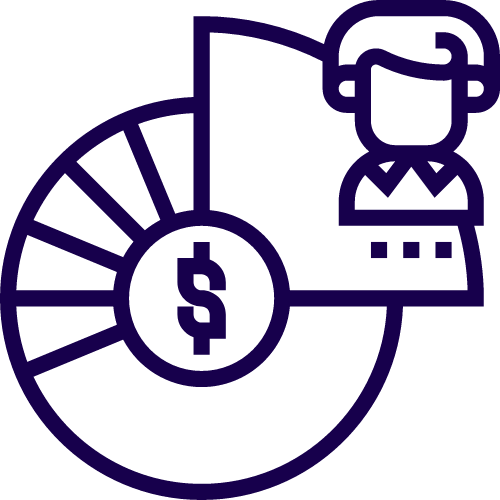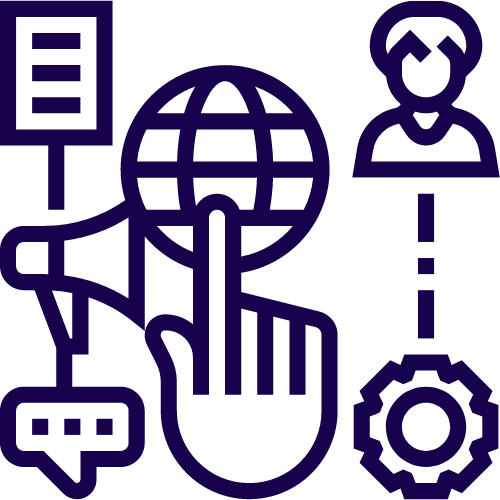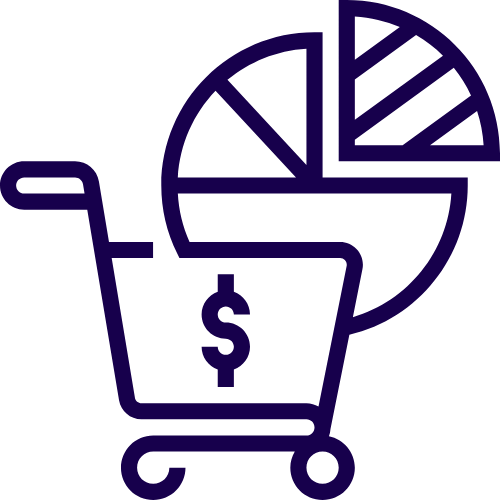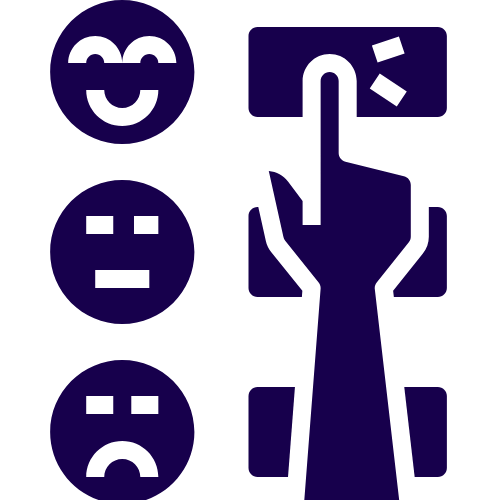
Monitoring of Business Indicators
Monitoring of tracking surveys indicators provides a marketer with necessary, useful data required for writing a work plan and implementing marketing activities. Business indicators are an approved instrument for marketers’ work and for assessing the effectiveness of costs made on marketing campaigns.
By means of tracking surveys indicators, ACT empowers companies that want to:
- Feel the pulse of brand indicators, and estimate their current positions
- Improve the brand’s position through comparison with competitors’ results and discovering existing competitive disadvantages
- Assess the effectiveness of already implemented marketing activities and related costs. In turn, based on the gained experience, they will be able to better plan future strategies.
ACT offers companies a rapid and simple measurement of business indicators according of international and ACT’s indices. Regularity of the monitoring is defined in compliance with product / brand specifications.
Within the scopes of this product, ACT conducts monitoring on the following business indicators:
 |
|
Category / brand penetration on the market |
|
 |
|
Positive attitude index |
|
|
|
|
|
|
|
|
 |
|
Consumer shares |
|
 |
|
Brand health index |
|
|
|
|
|
|
|
|
 |
|
Awareness index |
|
 |
|
Index measuring effectiveness of communication channels |
|
|
|
|
|
|
|
|
 |
|
Consumption index |
|
 |
|
Index measuring effectiveness of marketing campaigns |
|
|
|
|
|
|
|
|
 |
|
Customer satisfaction and loyalty indices [NPS; CSI] |
|
|
|
|

